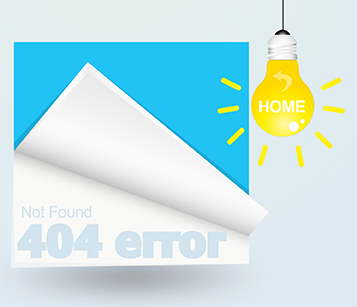
Advisors - Litigation Support - Internal Audit
We deliver advisory services, litigation support and internal auditing to US public and private companies to protect and grow shareholder value. Specifically, we assist companies in all matters relating to financial reporting, including SEC compliance, internal controls testing and remediation, IPO readiness, M&A transactions, US GAAP compliance and implementation of new accounting standards. We categorize our services into the following areas:
Accounting & Audit Readiness,
Litigation Support,
Data Quality and M&A,
Internal Audit, IT Risk & SOX,
SEC Compliance,
SOX Compliance,
Interim Roles & Performance,
Foreign Corrupt Practices Act,
IPO Process Steps & Guidance.
